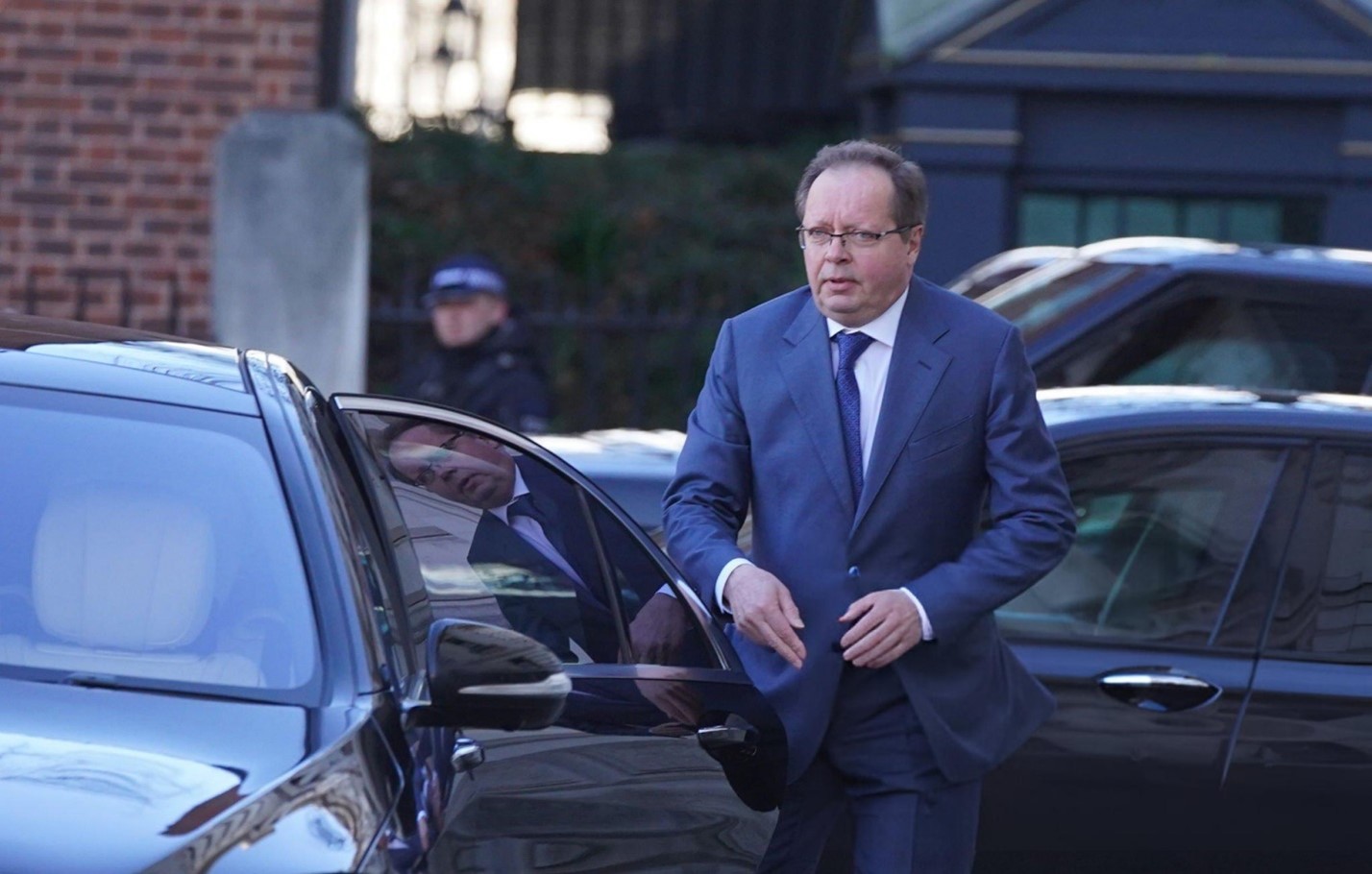The British Council has meanwhile been barred from Russia, as tensions between Moscow and the West continue to deepen.
Russia’s ambassador to the United Kingdom, Andrei Kelin, has claimed that Britain bears partial responsibility for Ukraine’s recent drone strikes on Russian territory. In a pointed interview with Sky News, Mr Kelin suggested the UK, along with the United States, may have played a role in enabling a large-scale drone attack that targeted long-range bomber airbases deep within Russia.
Referring specifically to Operation Spider’s Web — the recent covert campaign in which Ukrainian drones struck four airbases — Mr Kelin warned that such actions marked a dangerous escalation in the ongoing conflict. “Ukraine should not try to engulf World War III,” he said, issuing a stark warning about the risks of further escalation.
He went on to suggest that the drone strikes could not have been executed without Western involvement, citing the use of advanced geospatial targeting data. “It involves provision of very high technology, so-called geospaced data, which only can be done by those who have it in possession,” Kelin explained. “And this is London and Washington.”
Although no direct evidence was presented linking the UK government to the attack, Kelin’s remarks are the latest in a series of accusations from Moscow aimed at portraying NATO countries as active participants in the conflict — claims which London and Washington have consistently rejected. British officials maintain their support for Ukraine is legal, defensive in nature, and aimed at helping the country resist an unprovoked invasion.
The UK has provided Ukraine with military aid, including drones, ammunition, and training, but it has not confirmed any involvement in offensive operations carried out inside Russia.
Kelin’s comments come amid worsening relations between Russia and the UK, highlighted further by the announcement that the British Council has now been officially barred from returning to Russia. The cultural and educational organisation suspended operations in the country back in 2018, following the poisoning of former Russian spy Sergei Skripal and his daughter in Salisbury — an attack Britain has blamed on Russian agents.
According to Russian news agency Tass, Moscow’s security services now allege that British Council activities could be a cover for espionage. A spokesperson claimed that any interaction with the organisation “entails administrative and criminal liability.”
This marks a significant deterioration in bilateral ties, as the British Council has long been seen as a symbol of cultural diplomacy and soft power, offering educational programmes and promoting the English language in Russia.
The decision to block the Council’s return suggests a hardening of the Kremlin’s stance toward Western influence and public diplomacy. It comes alongside a broader crackdown on foreign organisations operating within Russia, particularly those viewed as sympathetic to Ukraine or critical of the war.
Diplomatic analysts say the twin developments — the drone strike accusations and the British Council ban — indicate that Moscow is ramping up efforts to frame the conflict not merely as a bilateral war with Ukraine, but as a broader confrontation with NATO.
“Russia is clearly trying to create a narrative in which Western countries are not just supporters of Ukraine but active belligerents,” said Dr. Eliza Cartwright, a senior fellow at the Institute for Strategic Studies. “It’s part of a long-standing attempt to justify its own aggressive posture and undermine international support for Ukraine.”
The UK Foreign Office has not yet responded to Kelin’s comments or the decision on the British Council, but the developments are likely to prompt further scrutiny of Russia’s diplomatic standing in Britain.
As tensions simmer and rhetoric intensifies, the possibility of renewed diplomatic reprisals — or even further restrictions on Russian missions in the UK — cannot be ruled out.






